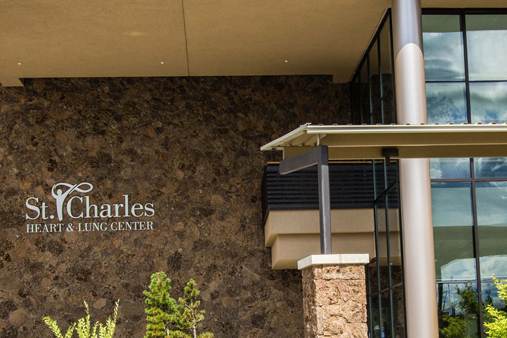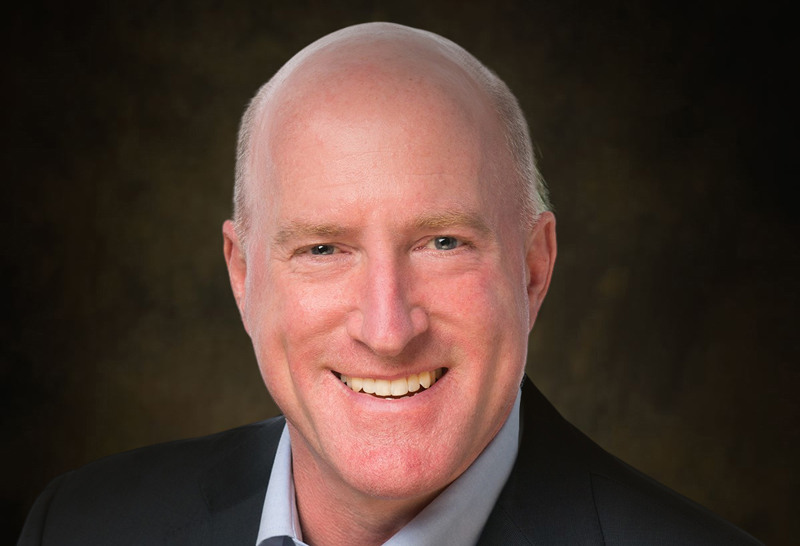Central Oregon’s community model for providing support services to children with traumatic brain injuries is going to be studied by the University of Oregon’s Center on Brain Injury Research and Training (CBIRT).
The center has received a four-year, $2.2 million grant from the Centers for Disease Control and Prevention (CDC) to compare the health, academic and social outcomes of Central Oregon children with traumatic brain injuries to those in school districts in Ohio and Washington without formal programs.
Children with traumatic brain injuries are at risk for disabilities that can affect their academic performance, according to CBIRT’s research proposal. Those with moderate to severe injuries can have cognitive, behavioral and social difficulties. Even children with mild brain injuries can experience learning and social impairments such that monitoring students through their recovery is equally important.
Since 2006, St. Charles Health System, The Center for Orthopedic and Neurological Research and the High Desert Education Service District have worked collaboratively to develop a community-wide concussion management program that will be the focus of this research. Dr. Sondra Marshall, a neuropsychologist at St. Charles, has been working with The Center since 2006, when she and then colleague Dr. Leah Schock traveled to the University of Pittsburg Medical Center for training with its concussion team. Over time, and with support and engagement from the medical and educational communities, the Central Oregon program has grown to include identification, screening and assessment, close tracking of a student’s progress and professional development for school and health care professionals.
“The focus of our work here in the community is not only getting kids back to playing sports safely, but also getting them back into the classroom successfully,” Marshall said. “We’re excited for the potential for our model to be replicated around the country, helping support more children who have been impacted by a traumatic brain injury.”
CBIRT Director Ann Glang, who is leading the study, said the research is unique “in that it allows us to evaluate an existing model of support for students with brain injuries rather than develop a new approach that may take years to translate into practice. This helps us close that research-practice gap.”
Dr. Viviane Ugalde, who serves as the concussion medical director for The Center Foundation and is a consultant on the CDC grant, said she will be educating health care providers about the study and recruiting people to participate.
“It’s exciting to have the ability to measure the work that we are doing and learn what kind of scientific impact we are having with concussion recovery – returning kids to normal life, school and playing sports,” she said.





